Electricalworkshops
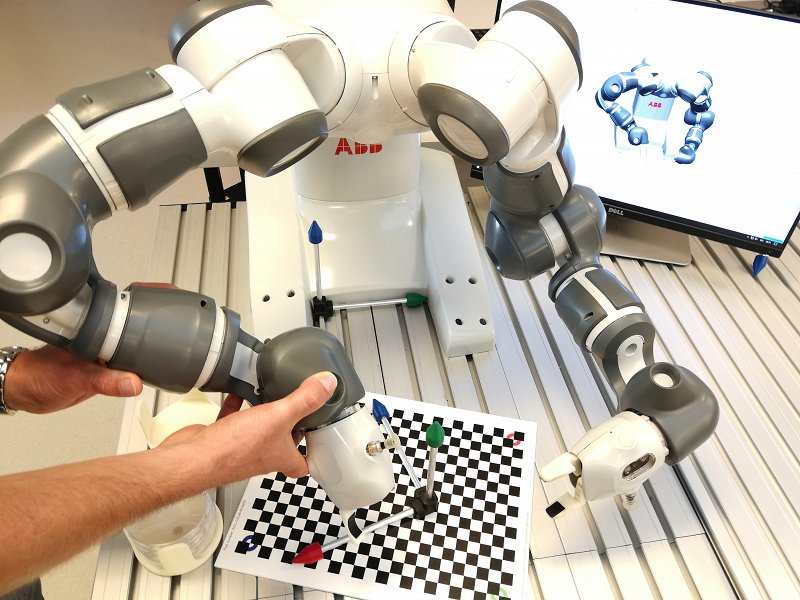
Robotske aplikacije
Robotics is an important part of automation. Robotic systems take on tasks that are repetitive, tedious and dangerous for the worker. The programming of the robot itself can be done in two ways: directly by learning points with a physical robot or indirectly in a simulation environment. The latter allows for faster application development, easier upgrading and intuitive transfer from the virtual to the real environment.
In this workshop, you will learn how to develop an application in simulation and how to test the commissioning of a real robot.
Method of delivery: The workshop is held in a computer room. The introduction of the workshop covers a general overview of robotics with an introduction to the use of the simulation environment. Participants develop their own robotic program, which they then run on a real robot.
Date and location: At the Faculty of Electrical Engineering during the school year. Date by prior arrangement.
Group size limit: 15 participants.
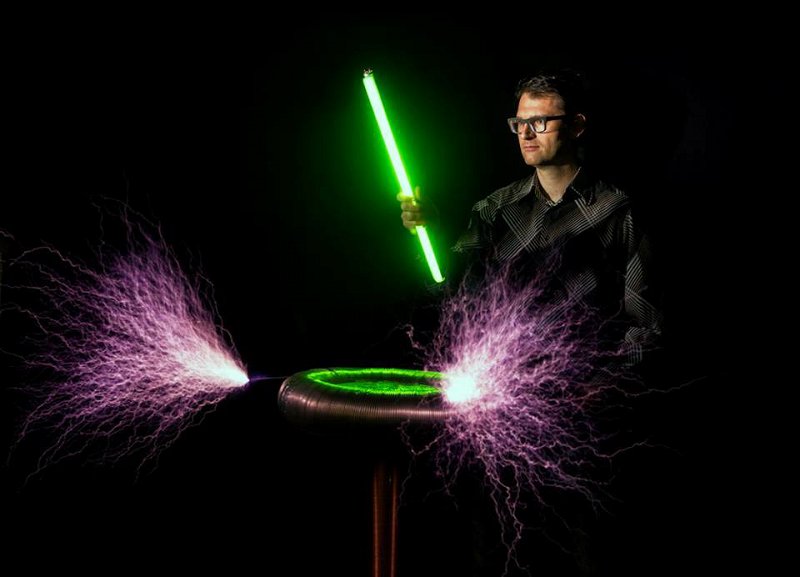
Making a mini Tesla coil
In this workshop, we will learn what a Tesla coil or Tesla transformer is and how it works. We will look at how it works and its key components, and carry out some experiments with transformers of different power ratings. Participants will learn in which applications high voltage sources are used and in which ways (besides using a transformer) sources of appropriate voltage levels can be made. During the workshop, participants will make a scale version of a Tesla coil, test it and take it home.
Method of delivery: practical work in the laboratory, using a soldering iron, electronic components and transformer wire (non-ionising radiation is occasionally present in the workshop)
Date and location: The workshop is held at the Faculty of Electrical Engineering in the Laboratory for Electrical Networks and Installations. Date by prior arrangement.
Group size limit: up to 15 participants.
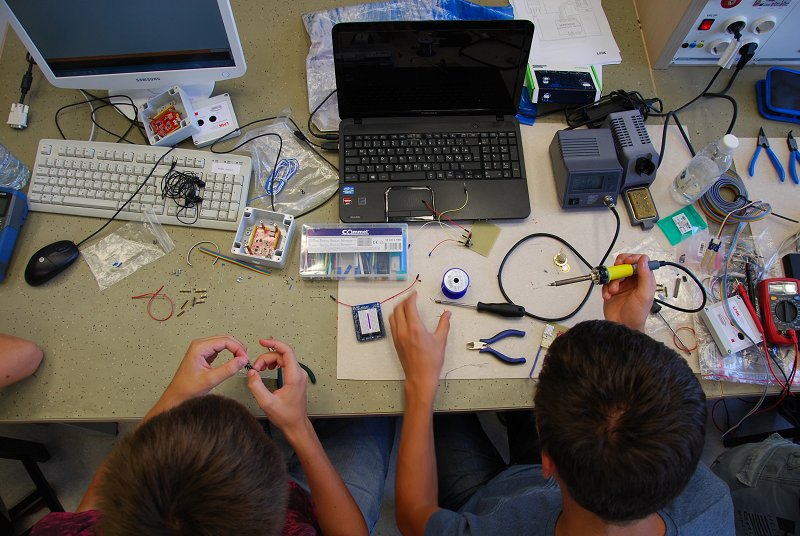
Introduction to Arduino and IoT Weather Station
The aim of the workshop will be to create a prototype weather station that stores data on the internet. We will learn about the Arduino microcontroller (Mega ADK) and use this and additional sensors (DHT11, BMP280) to make measurements of temperature, humidity and air pressure. With the help of an additional microcontroller (WeMos D1 mini) we will connect to the internet via WiFi and send and process all the acquired data on an IoT web platform.
Method of delivery: The practical workshop is conducted as instructed. Each participant works on thier own case.
Date and location: The workshop is held at the Faculty of Electrical Engineering or at the school, each participant must have their own computer. Date by prior arrangement. In order to ensure that the necessary equipment used by the participants in the workshop is provided, it is compulsory to register for the workshop in advance, as follows two to three months before the scheduled workshop.
Group size limit: up to 15 participants
Materials to be provided by the participant: each participant must have a computer. If the workshop is held at FE, we provide the computers.
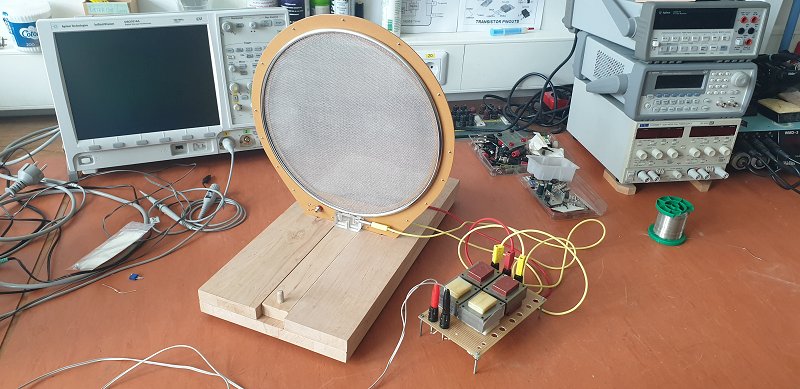
Creating music with the help of electrical engineering
You will learn how to apply fundamental electrical phenomena (magnetic force, electric force, breakdown, inductance, capacitance) to the world of music (loudspeakers, microphones) and the operation of other electrical devices (motor).
Method of delivery: participants will independently assemble a simple magnetic speaker, which they will connect to a mobile phone to play music.
Date and location: in a classroom at the school or at the Faculty of Electrical Engineering. Adapt to the wishes of the group. Restriction: availability of providers and space. Date by prior arrangement.
Group size limit: up to 15 participants
Materials to be provided by the participant: two yoghurt pots or two half-litre bottles
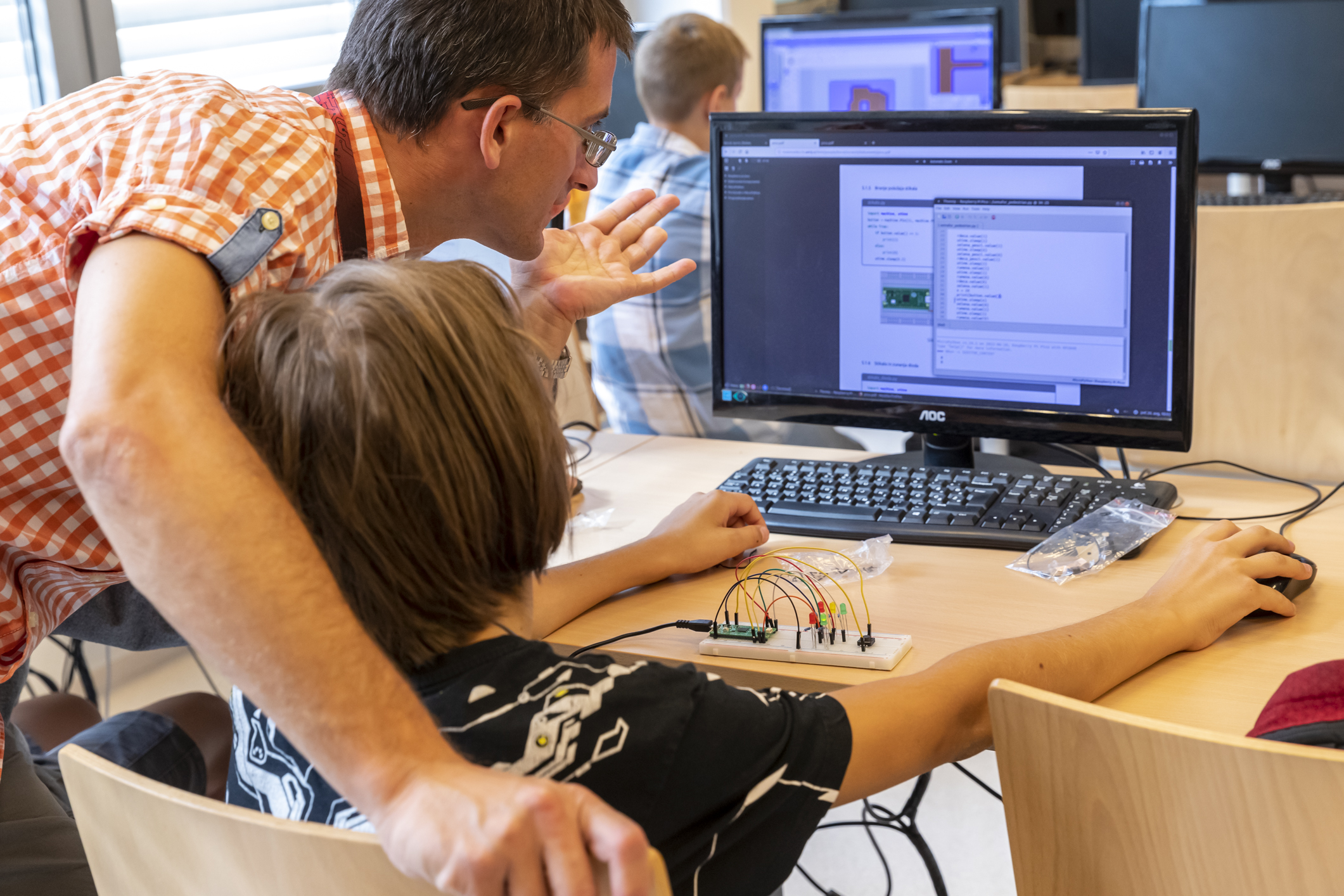
Scratch >> games
Scratch is a well-known tool for beginners in the world of programming. It is usually associated with younger learners and games, but it can also be a useful tool for introducing more complex mathematical and physical tools, as such it is also suitable for secondary school students.
Method of delivery: practical work in a computer lab
Date and location: the workshop is held at the Faculty of Electrical Engineering or at the school with a suitably equipped computer room. Date by prior arrangement.
Group size limit: whole class (depending on the number of computers in the secondary school – each student needs their own)
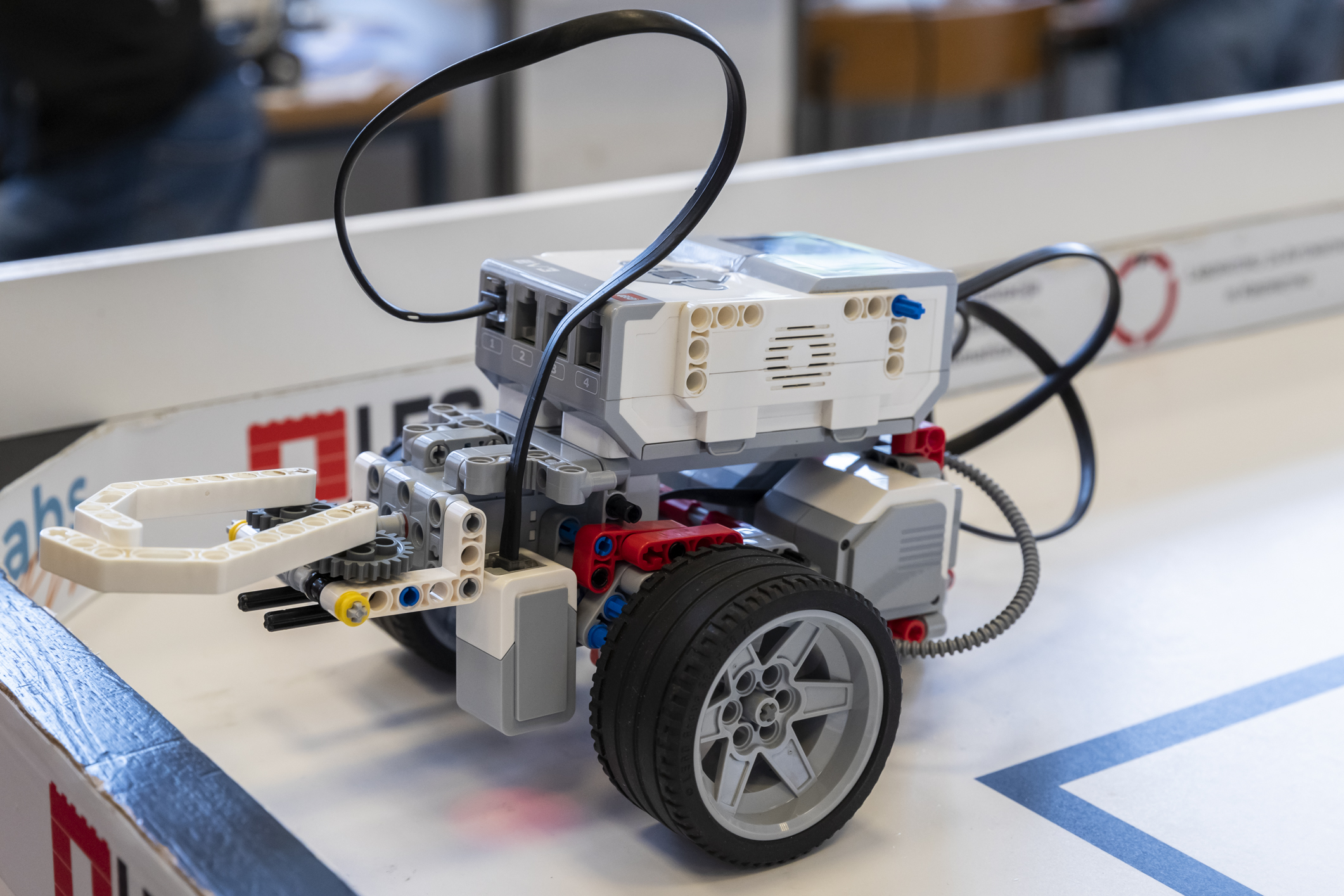
Building and controlling autonomous systems - LEGO Mindstorms EV3
Autonomous mobile systems and related control algorithms have recently become an increasingly interesting area of research. Satellites, drones, exploration and rescue robots are just some of the most well-known autonomous mobile systems we see today. The field encompasses a wealth of knowledge in the areas of sensors, spatial localisation and control algorithms. Lego Mindstorms kits also provide an excellent basis for building autonomous mobile systems, allowing the user to explore the field in a fun and relatively simple way, without the wide range of “peripheral” skills that are otherwise required to build “real” autonomous systems.
Method of delivery: practical work in the laboratory
Date and location: the workshop is held at the Faculty of Electrical Engineering. Date by prior arrangement.
Group size limit: up to 30 participants

